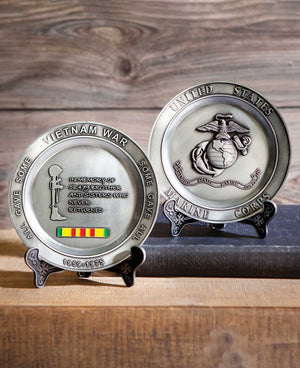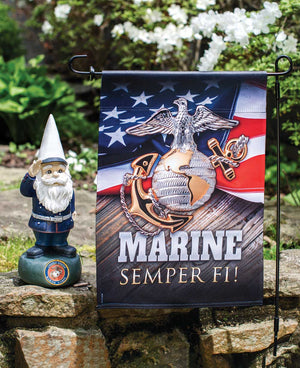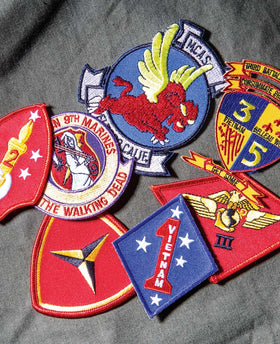Request a Catalog

Marines Add Fourth Phase to Recruit Training
Recruits arriving at Marine Corps Recruit Depots in late November will be the first to go through an additional period of training, which will be known as fourth phase, designed to better prepare them for success as Marines.
The Marine Corps has reorganized a portion of the current 13-week recruit training to afford drill instructors additional time to mentor and lead new Marines. Among the slight modifications, recruits will tackle the Crucible, the demanding 54-hour challenge, a week earlier and then spend the final two weeks of training as ‘Marines’. The Crucible remains the culminating event for recruits as they earn the title ‘Marine.’“Making Marines is one of the most important things that we do,” said Gen. Robert Neller, Commandant of the Marine Corps. “Earning the title is, and will remain, difficult. Our standards and requirements have not changed but as recruit training evolves we want to ensure we are preparing Marines for success in their follow-on training and service to our great country.”
Fourth phase will utilize the six F’s of Marine Leader Development framework: Fidelity, Fighter, Fitness, Family, Finances and Future. Marines will be in small groups covering subjects that are critical to success and growth in all aspects of their personal and professional lives.
Neller added that the Corps is seeking more time for these new Marines to get used to the idea that earning the title ‘Marine’ is just the beginning.
“We thought it was important that the drill instructor, the key figure in the development of these new Marines, had a role to play in the transition,” said Neller. “They were their drill instructors, but now they have to be their staff sergeant, their gunnery sergeant and we thought that was very powerful.”
As drill instructors transition from trainers of recruits to mentors of Marines, the expected result is a more resilient, mature, disciplined and better-prepared Marine.
“This is a normal evolution of the recruit training experience,” said Neller. “We are trying to keep the very best of what we do now [in recruit training] and add something to make it even better.”
Recruits at both Marine Corps Recruit Depots Parris Island, South Carolina, and San Diego will first tackle the fourth phase in early February 2018.







Comments
Leave a comment